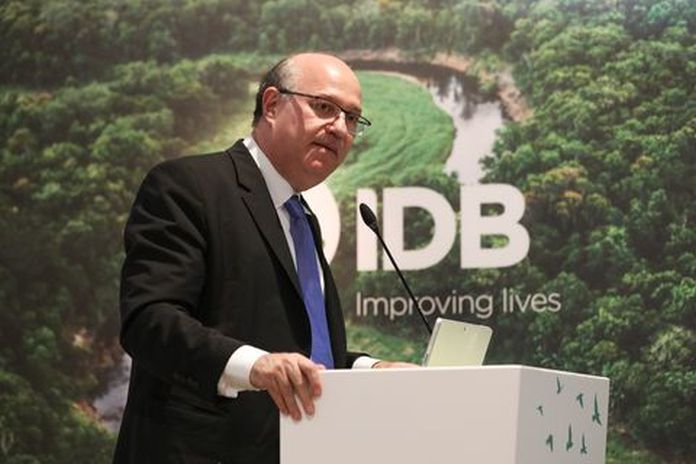DUBAI / BRAZIL – The Public Development Banks of the Green Coalition aim to mobilize resources between $10 billion and $20 billion by creating a sustainable development platform. These resources will be directed to the Amazon development agenda 2024-2030, with the collaboration of the Green Coalition’s international partners, to support the financing of sustainable investments in the Amazon region.
The announcement was made during COP28 in Dubai, where the Green Coalition also unveiled its two-year action plan, the results of which will be presented at COP30 in Belem, Brazil, the city where this initiative was born.
Based on principles of collaboration and innovation, the Green Coalition will focus on designing financial solutions and providing technical support, to promote the scalability of environmentally and socially responsible businesses and projects in the Amazon.
The action plan articulates a comprehensive strategy around four fundamental lines of work. First, the Green Coalition will identify the needs and will integrate local development perspectives to support new opportunities for financing sustainable development projects. Secondly, the plan aims to develop common investment and financing frameworks that will be specifically tailored to the conservation of the Amazon biodiversity and the welfare of local communities, understanding the unique needs of the region. Third, the plan includes establishing an innovation laboratory, focusing on the joint design of sourcing region-specific financial instruments and technical assistance. Finally, the strategy encompasses the mobilization of concessional resources to implement those initiatives through the Green Coalition’s public development banks.
In addition to resource mobilization and technical assistance, the Green Coalition will seek to reduce the financing barriers through loans and financing instruments for the Amazon, leveraging initiatives led by its members, the public development banks of the Amazon countries in Latin America, including the Inter-American Development Bank (IDB) and the Brazilian Development Bank (BNDES), proponents of the Green Coalition, as well as international partners such as the World Bank and CAF.
“We are focusing our efforts on the promotion and integration of sustainable economic activities that offer economic alternatives to its citizens in order to protect the health of the Amazon’s biome for the benefit of present and future generations. This Green Coalition initiative is aligned with the goals of IDB’s umbrella Amazon Forever holistic program. In this regard, we are prioritizing the companies and initiatives that demonstrate social, environmental, and economic sustainability to promote the preservation and recovery of natural resources of the Amazon,” said Ilan Goldfajn, president of the IDB, emphasizing that the Bank currently serves as the technical secretariat for the initiative.
“The BNDES recognizes the value that the Coalition’s multilateral cooperation contribute for achieving solutions that allow the Amazon Forest to remain standing, productive and promoting improved income and human development in the region, establishing forest restauration as a priority for carbon sequestration on a large scale, an effective and urgent measure to preserve and strengthen the largest tropical forest on the planet and the most strategic biome for the challenge of the climate emergency.
Created in Belém in August, we now see the Green Coalition arriving at COP28 in December in its operational stage and with delivery targets defined for the next two years until COP30, its return to Belém. Among priority challenges, BNDES identifies, based on its recognized experience in the Amazon, land regularization, logistics, access to energy and internet, security, sanitation, the need to develop the business ecosystem and the lack of rural technical assistance, as well as risk mitigation instruments to attract investment,” as mentioned by Aloizio Mercadante, president of BNDES who also assumes the presidency of the Green Coalition Steering Committee.
The Amazon region is critical to ecosystems worldwide, providing 40 percent of Latin America’s fresh water and regulating nutrient and hydrological cycles for the South American continent. Given the growing scientific consensus that the Amazon Basin is reaching an ecological “tipping point,” there is an urgent need to take measures to protect the biome while considering the social and economic development of the region.





